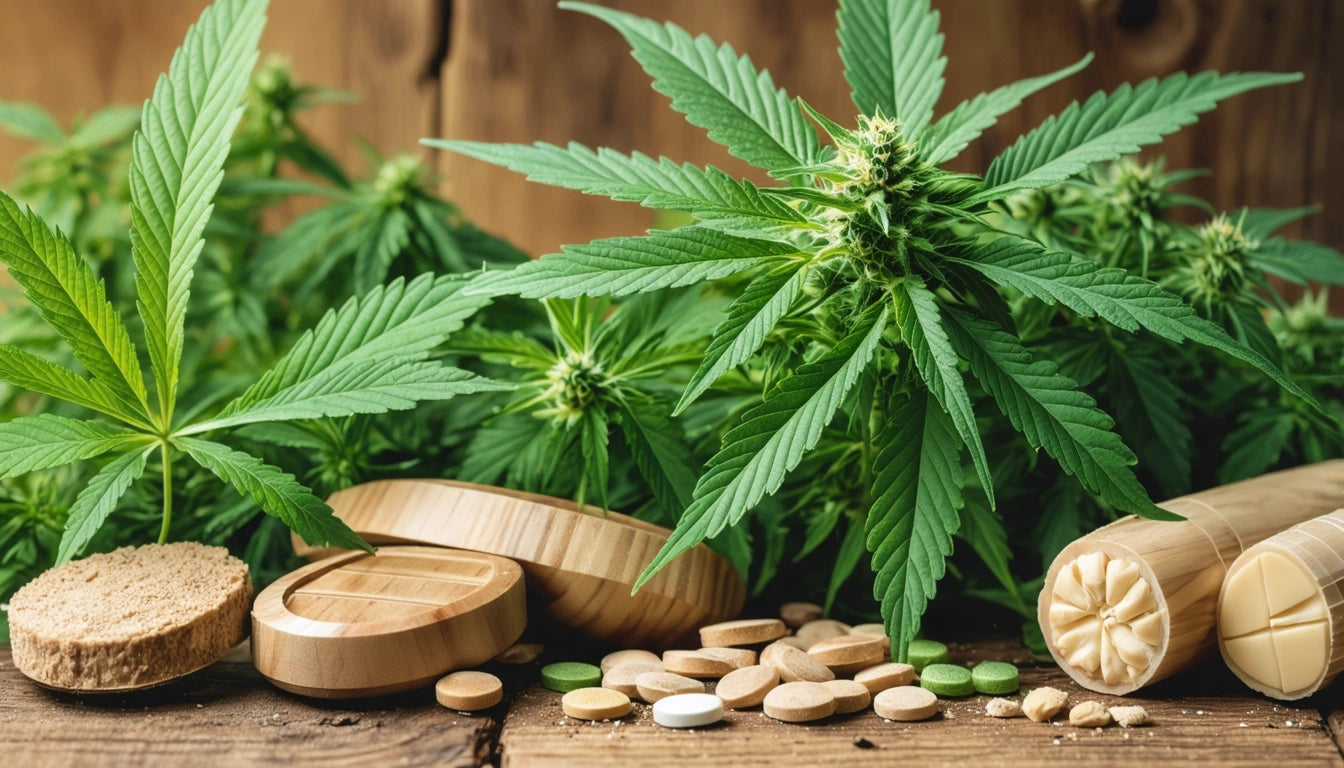Table of Contents
- Understanding Gout: Causes and Traditional Treatments
- Cannabis and Inflammation: The Scientific Connection
- THC, CBD, and Gout Relief: What Research Shows
- Cannabis Consumption Methods for Potential Gout Relief
- Can Edibles Cause or Worsen Gout?
- Patient Experiences and Anecdotal Evidence
- Future Research and Medical Considerations
Exploring the Impact of Cannabis on Gout: Relief or Risk?
Gout, a painful form of inflammatory arthritis, affects millions worldwide. As cannabis legalization expands, many patients wonder: will THC help gout? Does cannabis help gout symptoms? This article examines current research, patient experiences, and medical perspectives on cannabis use for gout management.
Understanding Gout: Causes and Traditional Treatments
Gout occurs when uric acid crystals accumulate in joints, causing intense pain, swelling, and inflammation. It typically affects the big toe but can impact other joints as well. Traditional treatments include:
- NSAIDs for pain and inflammation reduction
- Colchicine to reduce gout flare severity
- Corticosteroids for severe inflammation
- Uric acid-lowering medications for long-term management
- Dietary modifications to reduce purine intake
Despite these options, many patients seek alternative treatments due to medication side effects or inadequate relief, leading some to explore whether cannabis might help with gout symptoms.
Cannabis and Inflammation: The Scientific Connection
Cannabis contains compounds called cannabinoids that interact with the body's endocannabinoid system, which plays a role in regulating inflammation. Research on cannabis and inflammation suggests potential anti-inflammatory properties that might benefit inflammatory conditions like gout.
The two primary cannabinoids studied for inflammation are:
- THC (tetrahydrocannabinol): The psychoactive component that may reduce inflammation and pain
- CBD (cannabidiol): A non-psychoactive component with potential anti-inflammatory effects
Studies indicate these compounds may suppress inflammatory responses by affecting immune cell function and cytokine production, potentially relevant to gout management.
THC, CBD, and Gout Relief: What Research Shows
The question "will THC help gout?" lacks definitive clinical trial evidence. However, preliminary research suggests potential benefits:
A 2015 study published in the European Journal of Pain demonstrated that CBD applied topically reduced inflammation and pain in arthritis animal models. While this wasn't specific to gout, the inflammatory mechanisms share similarities.
THC has shown analgesic (pain-relieving) properties in various studies, which could theoretically help with the intense pain associated with gout attacks. Cannabis effects on arthritis and rheumatoid pain provide some indirect evidence for potential gout applications.
However, it's important to note that no large-scale clinical trials have specifically examined cannabis for gout treatment, leaving many questions unanswered about efficacy, dosing, and safety.
Cannabis Consumption Methods for Potential Gout Relief
For those exploring whether does weed help with gout, the method of consumption may influence effectiveness:
- Topical applications: CBD-infused creams or balms applied directly to affected joints may provide localized relief without systemic effects
- Smoking or vaping: Provides rapid onset but may not be recommended for those with respiratory issues
- Tinctures and oils: Allow for controlled dosing and faster absorption than edibles
- Edibles: Longer-lasting effects but slower onset and more difficult to dose precisely
When considering consumption methods, many patients find that pre-rolled options in various sizes offer convenience and dosage consistency, especially for those new to cannabis use for symptom management.
Can Edibles Cause or Worsen Gout?
A common concern is whether cannabis products, particularly edibles, might trigger or worsen gout. The question "can edibles cause gout?" stems from several considerations:
Edibles often contain sugars and other ingredients that could theoretically affect uric acid metabolism. However, no direct evidence links cannabis edibles to gout development or exacerbation.
More relevant factors include:
- Caloric content: Some edibles are high in calories, which can contribute to weight gain, a risk factor for gout
- Dehydration: Cannabis can cause dry mouth and potentially reduce fluid intake, which might concentrate uric acid
- Alcohol mixtures: Some cannabis products contain alcohol, which is known to trigger gout flares
For gout patients concerned about these factors, understanding the relationship between cannabis and inflammation can help make informed decisions about consumption methods.
Patient Experiences and Anecdotal Evidence
While scientific research catches up, many gout patients report using cannabis for symptom management. Anecdotal reports vary widely:
- Some users report significant pain relief during acute gout attacks
- Others find cannabis helps with sleep during painful flares
- Some notice reduced inflammation when using topical CBD products
- A subset reports no benefit or worsened symptoms
These varied experiences highlight the individualized nature of cannabis effects and the need for personalized approaches when considering cannabis for gout management.
Future Research and Medical Considerations
The question of whether does cannabis help gout requires more dedicated research. Healthcare providers considering cannabis recommendations for gout patients should weigh several factors:
- Potential drug interactions with existing gout medications
- Patient history of substance use or mental health concerns
- Legal status of cannabis in the patient's location
- Alternative evidence-based treatments that may be more appropriate
As research evolves, we may gain clearer insights into specific cannabinoid formulations, dosages, and administration methods that could benefit gout patients. Until then, open communication between patients and healthcare providers remains essential for safe, effective symptom management.
For those exploring cannabis options for gout or other inflammatory conditions, staying informed about emerging research and consulting with knowledgeable healthcare providers offers the best path forward in this evolving therapeutic landscape.











Leave a comment
All comments are moderated before being published.
This site is protected by hCaptcha and the hCaptcha Privacy Policy and Terms of Service apply.